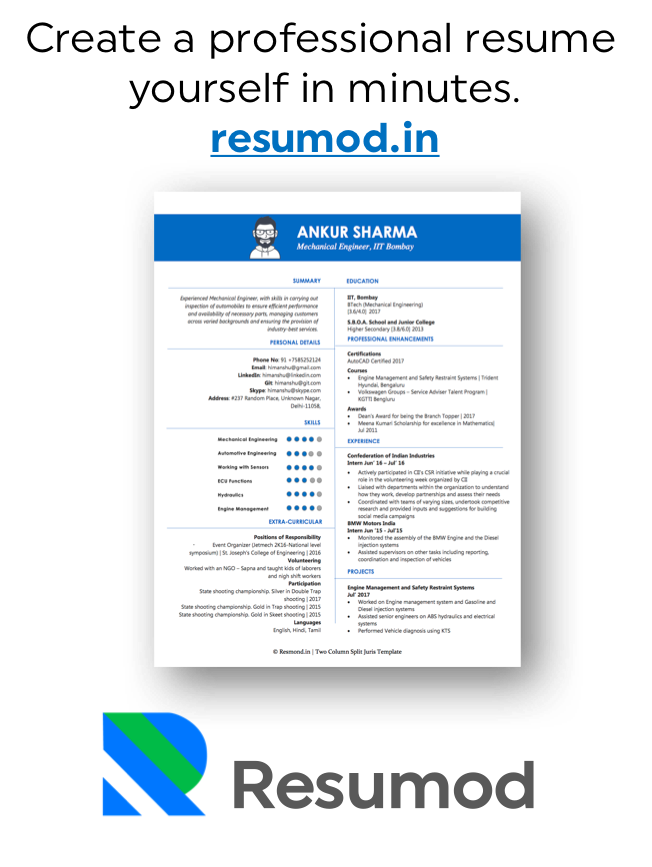Rapid technological advancements drive today’s work landscape and see a global shift towards more fluid and flexible work arrangements. The nature of work has evolved, and so has the way of executing the work strategies. The new world of work, like project-based freelance work, digital collaboration platforms, remote work, and AI, has fundamentally altered how work is performed, valued, and conceptualized.
This evolution demands a significant shift in how individuals approach their careers and how organizations structure their workforces. The traditional model of long-term employment, characterized by fixed roles is being augmented and replaced by more dynamic forms of engagement. It’s not just about what you know or how hard you work but how adaptable you are, and how effectively you can apply those skills in varied and changing contexts.
What does it mean to build a career?
Knowing how to build a successful career is subjective and depends on how an individual measures success in their profession. While some may consider a successful career having financial freedom, others might equate it to reaching the highest post in their field to success. Whatever your criteria is for measuring success in your career, achieving your goals can give job satisfaction and self-actualisation. Meanwhile, you can even accomplish more ambitious targets in your professional and personal lives.
Identify your goals
Knowing your objective is an important part of building a successful career. Think carefully about what you like to achieve and why. Understand how your personal and professional goals intersect and they work together to benefit you. Use brainstorming strategies to generate ideas, or have a conversation with a trusted friend or mentor. Remember your goals might change, as this can be a normal experience. So, try writing your goals so you can refer to them as your career develops.
Have a plan
If you have a plan to reach your goals then you are focused on achieving your dreams. Try to find different ways to reach your professional goals and maybe you can look to reverse the traditional process. Stay flexible in case of unexpected events so you can stay focused and not get distracted while still building a successful career. Discuss your plan with trusted people, as an outside perspective can sometimes provide new ideas.
Learn Pertinent Skills
Technology is dominating every workspace and industries are constantly changing which means there is a growing need for specialized skills. To have career growth, it’s essential to grow professionally by keeping track of industry trends and earning relevant certifications. Update your resume from time to time with skills and certifications you add so it opens doors to new opportunities and you get ahead.
Identify your strengths and weaknesses
Identify your strengths and weaknesses to determine the specific aspects of your profession where you have natural advantages over other people. This helps you to make better decisions about the roles you want to apply to achieve optimal performance and productivity. If you know how to leverage your core strengths to match your skills to roles and responsibilities, it’ll result in improved efficiency and a higher level of job satisfaction. So invest in professional development to improve your weaknesses, enhance your ability to deliver positive results, and increase your value for your employer. Ask your mentors for insights to help you identify your core advantages and leverage them to become a higher performer in your career.
Networking is crucial
Networking is not just adding people to your contact list but maintaining existing relationships, sharing updates on your work, and offering support. Building industry relationships opens doors to new opportunities and enables the exchange of ideas and best practices, which helps in career growth and professional success. Expand your network by connecting with professionals and peers using social networking sites like LinkedIn and reach the top industry leaders for better work opportunities.
Keep a growth mindset
Having a growth mindset means believing that anything can be learned if you give enough effort to learning it. Approach your career with a growth mindset as it can help you succeed because you will be more likely to endure when faced with a challenge that you might not know how to solve yet. A growth mindset helps you develop a successful career by equipping you with the skills you require to continue learning and developing as your industry changes.
The bottom line is these career-building strategies will not only set you ahead on the professional front but also will bring a significant change on the personal front. A growth in the career will be achieved by building skills that may seem small but have a huge impact on your overall career. By having a clear understanding of these strategies, you can advance your career and achieve your long-term goals.
So, are you ready to get started?


![Master Your Self Introduction: Tips for Senior Leadership Interviews [2025 Guide]](https://www.getsetresumes.com/blog/wp-content/uploads/2025/10/business-consultant-working-with-client-1140x660.jpg)


